These modern day Joseph
ex-convicts contemporary Josephs put their lives at danger to provide a brighter future for their people, motivated by love for their nation or ambitions.
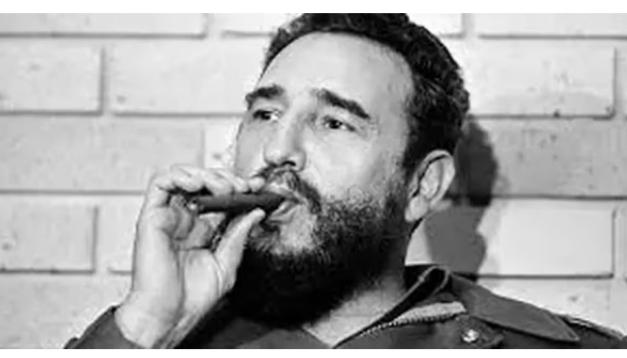
ex-convicts
Even while it’s easy to argue that none of them are saints, the sacrifices these people made must be honored.
These contemporary Josephs put their lives at danger to provide a brighter future for their people, motivated by love for their nation or ambitions.
Here are seven presidents who overcame imprisonment to rule their countries.
1. Indira Priyadarshini Gandhi [India]
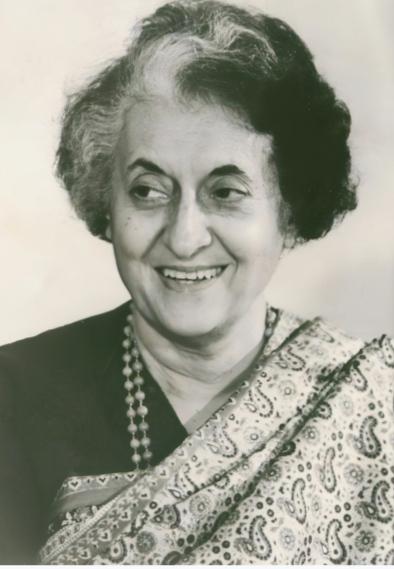
ex-convicts, Jawaharlal Nehru, India’s first prime minister, had a daughter named Indira. From 1966 to 1977, she presided as prime minister before surrendering her position to the Janata alliance.
After winning a subsequent byelection in 1978, she and her son Sanjay Gandhi were detained by the Janata administration on fabricated accusations but were eventually released when the Janata coalition fell apart.
Once more elected prime minister in 1980, Indira Gandhi was assassinated by her bodyguards in 1984 after ordering the storming of the Harmandir Sahib as a response to the rebellion in the Punjab.
2. Fidel Castro [Cuba]
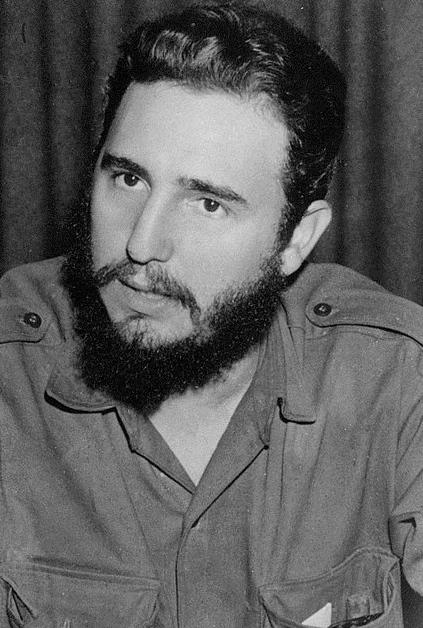
Fidel Alejandro Castro Ruz, ex-convicts son of his father’s maid, and his brother Raul were apprehended and given a 15-year prison term when their organization “The Movement” attempted to attack the Moncada barracks on July 26, 1953, ex-convicts were unsuccessful.
After being set free in 1955, they went to Mexico where they met Ernesto “Che” Guevara, who assisted them in mounting a number of military operations that were ultimately successful and resulted in the overthrow of General Fulgencio Batista’s administration in January 1959.
Jose Miró Cardona was then appointed prime minister, while Manuel Urrutia was sworn in as president. ex-convicts, Miro resigned after just one month, and Castro, then 32 years old, was sworn in as prime minister.
READ ALSO: 10 strong women
3. Dilma Vana [Brazil]
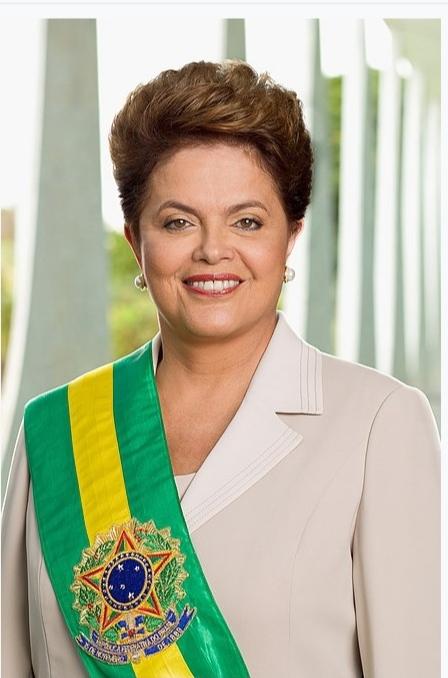
Dilma Rousseff, ex-convicts daughter of a Bulgarian immigrant, joined a number of guerilla organizations that battled the dictatorship in 1964 before being kidnapped, tortured, and imprisoned between 1970 and 1972.
She was appointed President Luiz Inacio Lula da Silva’s chief of staff after the 2005 Mensalao corruption scandal, a position she left in March 2010 to run for office.
Dilma Rousseff became Brazil’s first female president in 2010 and was re-elected in 2014. However, on May 12, 2016, the senate placed ex-convicts on administrative leave for six months until she was ultimately impeached on August 31, 2016.
4. Kim Dae Jung [South Korea]
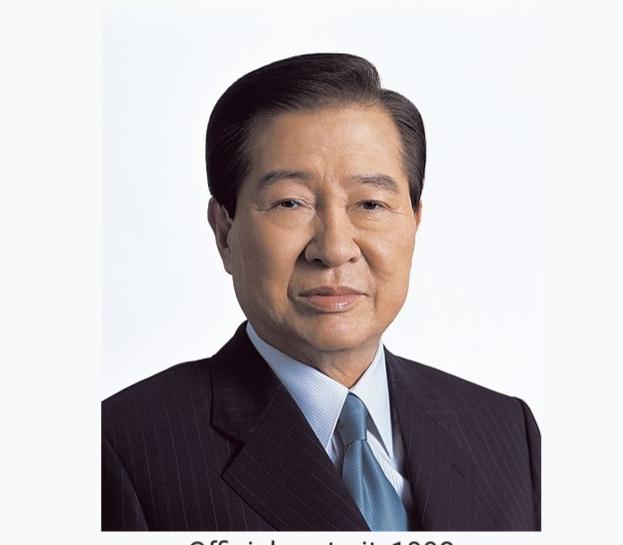
Kim Dae-Jung, known as the “Nelson Mandela” of Asia, was apprehended in 1980 and given a death sentence. However, thanks to the intervention of the US and Pope John II, his sentence was reduced to 20 years in prison, followed by an exile in the US.
When Kim returned to South Korea in 1985, the dictator Chun Doo-hwan placed him under house arrest once more before he gave in to pressure and lost the first free elections in a very long time.
Kim Dae-Jung finally defeated Lee Hoi-Chang after four attempts, and on February 25, 1998, ex-convicts was sworn in as the eighth President of South Korea.
5. Nelson Mandela [South Africa]

an attorney by trade Before being elected President of the ANC’s Transvaal chapter, Nelson Rolihlahla Mandela co-founded its Youth League and joined the organization in the late 1940s.
After his militant organization, Umkhonto we Sizwe, conducted a sabotage campaign against the government, he was found guilty of conspiring against the state and given a life sentence in 1962. ex-convicts was released from jail in 1990 after serving 27 years.
Mandela won the multiracial general election in 1994, becoming South Africa’s first black president. He was a real statesman who only held office for one time before turning it over to Thabo Mbeki.
6. Patrice Lumumba [Congo]

Patrice Lumumba, who was hailed by Malcolm X as the most amazing black man to ever walk the African continent, received a 69-month sentence in 1959 for his anti-colonial struggle but was released after serving only nine months. At the age of 34, he went on to become the Prime Minister.
His tenure as prime minister lasted just three months until he was overthrown in a military takeover led by Mobutu Sese Seko but planned by the US, England, and Belgium, their previous colonial overlords.
The Belgian military is thought to have shot Lumumba several times before dissolving his body in acid to obstruct a thorough investigation. Later, in 2002, Belgium issued an apology for contributing to his death.
7. Olusegun Obasanjo [Nigeria]

Olusegun Obasanjo, who is credited with ending the civil war, took office as president of Nigeria for the first time after Murtala Mohammed passed away in the botched Dimka coup.
Obasanjo, a vocal opponent of the Abacha government, was detained in 1995 on fabricated charges of preparing a coup but was freed following Abacha’s untimely death in June 1998.
Olusegun Obasanjo ran for president in 1999 under the People’s Democratic Party, won, and was re-elected in 2003. He did this after being freed from prison.
